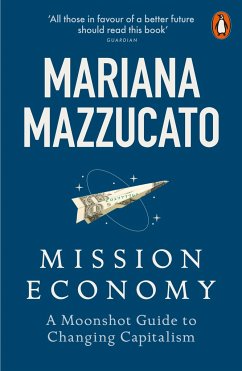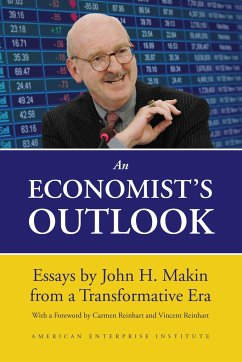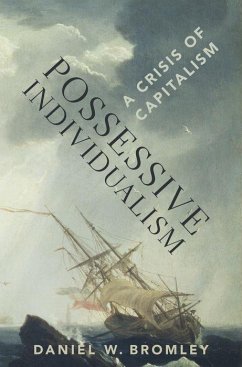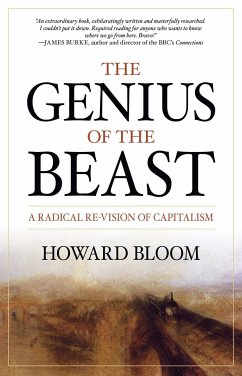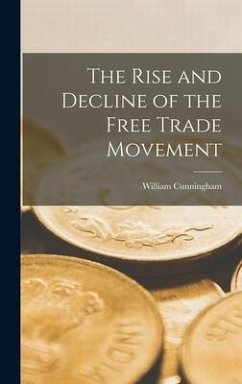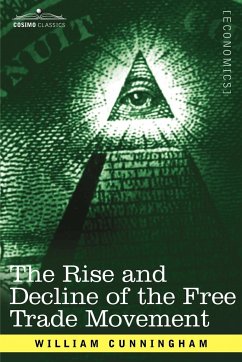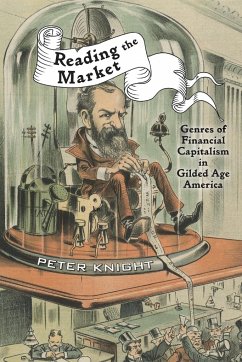Nicht lieferbar
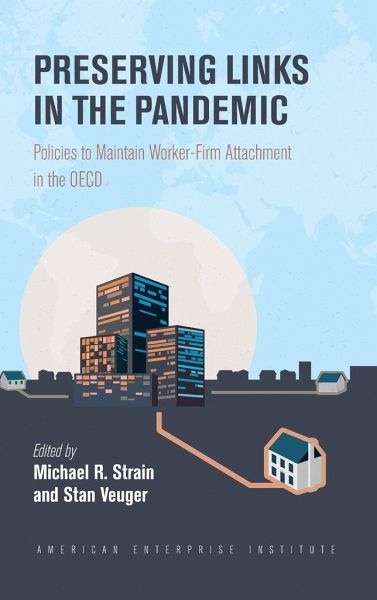
Preserving Links in the Pandemic: Policies to Maintain Worker-Firm Attachment in the OECD
Versandkostenfrei!
Nicht lieferbar
The economic crisis triggered by the COVID-19 pandemic was different from a typical recession. Governments had intentionally restricted activity in significant parts of the economy to reduce the in-person interactions that might spread the virus. As a consequence, businesses that were productive and profitable in February 2020 were in grave danger of bankruptcy just weeks later. Recognizing this, governments in advanced economies provided various types of support to aid business continuity and preserve worker-firm links. In this volume, we present preliminary evidence on the efficacy and effic...
The economic crisis triggered by the COVID-19 pandemic was different from a typical recession. Governments had intentionally restricted activity in significant parts of the economy to reduce the in-person interactions that might spread the virus. As a consequence, businesses that were productive and profitable in February 2020 were in grave danger of bankruptcy just weeks later. Recognizing this, governments in advanced economies provided various types of support to aid business continuity and preserve worker-firm links. In this volume, we present preliminary evidence on the efficacy and efficiency of a number of these fiscal interventions. We do so through a comparative lens, by studying the different decisions reached by policymakers in eight Organisation of Economic Co-operation and Development member states: Australia, Canada, France, Germany, Italy, Spain, the Netherlands, and the United Kingdom.




